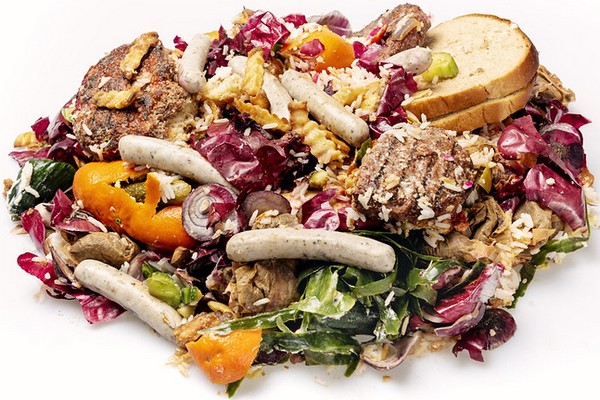Food scraps from over 500,000 homes are set to be transformed into renewable clean energy and biofertiliser.
Ecogas is a new venture that will see food waste collected from throughout the North Island and transported to Reporoa located in the centre of the North Island. There it is processed via anaerobic digestion. This system turns food waste into biogas, heat, usable biogenic carbon dioxide and biofertiliser. Scion scientists have proudly been involved in de-risking the key technologies, since 2016, and will continue work with Ecogas on commercialisation of science and technologies.
Ecogas will own and operate what will be the new utility anaerobic digestion plant. The site will be a commercial showcase, sitting on two hectares of farmland beside Turner and Grower Global’s five hectares of tomato-growing greenhouses. Greenhouses will be heated by biogas produced from the digestion process; and CO2 will be pumped in to enhance plant growth. Approximately 75,000 tonnes per annum of manufactured biofertiliser will also be applied onto more than 1500 hectares of productive farmland, replacing imported and manufactured synthetic fertilisers. Construction of the facilities began in August 2020.
Earlier Scion research based on derisking this technology has led to a new agreement to begin long-term pilot plant operational trials. Scion will take a science advisory role for this project over the next five years and explore additional biotech products with Ecogas.
Andrew Fisher, Managing Director and Owner of Ecostock (shareholder of Ecogas) recognises the need for quality research and development, saying, “Long-term research and relationships are vital to the long-term success and adoption of biotechnologies in New Zealand. The Scion team helped us prove this technology and educate New Zealand industry. Scion will continue to be an important link between industry, government and other research bodies as we look to build a nationwide network.”
This truly circular system will see the products from food waste, in households, production, logistics and manufacturing used to enhance the growth of more food, creation of local clean energy and showcase what is possible in other parts on New Zealand.
The benefits to the environment are wide ranging. There are opportunities to reduce climate change emissions by diverting food waste from landfill (where it releases methane into the atmosphere), using heat and carbon dioxide generated from biogas will reduce the fossil fuel use from the glasshouse operation, and finally biofertilisers will replace imported and synthetic fertilisers, which are often made from fossil-fuel sources.
Anaerobic digestion processes are common internationally. However, dealing with the varying composition, particle size and possible non-biodegradable contaminants are long-term challenges that the Scion team will also need to address.
The long-term success of this plant has a potentially much wider impact, creating a pathway for methane biotechnology to progress and also potentially enabling renewable natural gas to be injected into the existing gas infrastructure grid. Further down the track, these outcomes could benefit large-scale heat users, and the agricultural and horticultural sectors.
Funders: Ecogas, EcoStock Supplies Ltd, Bioresource Processing Alliance
Collaborators: Plant and Food Research

